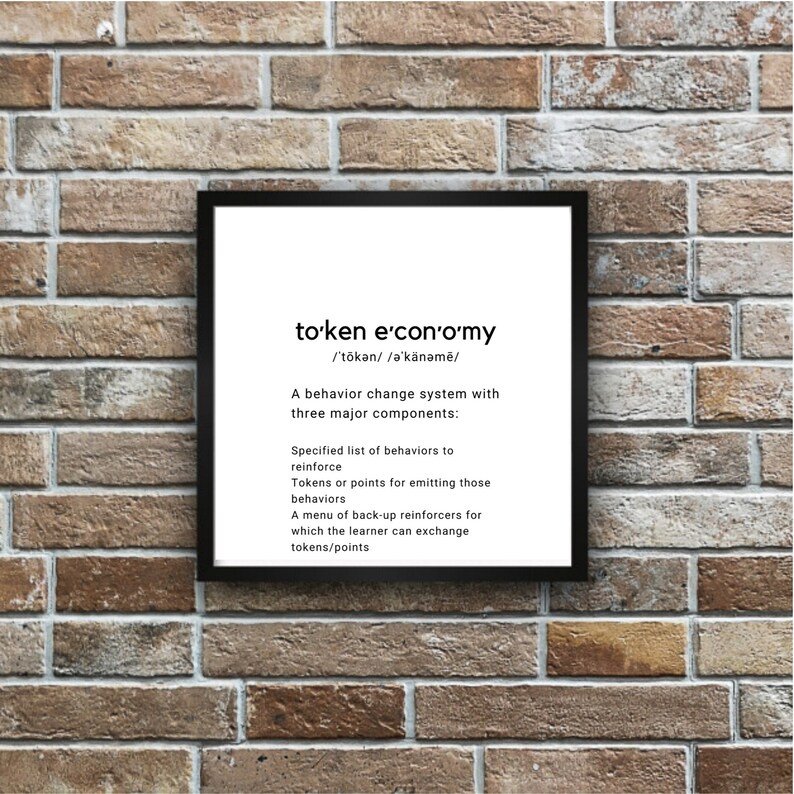


Recommendations are provided to improve component descriptions. Missing or vague component descriptions could negatively affect future research or applied practice.
TOKEN ECONOMY PSYCHOLOGY DEFINITION MANUALS
Sometimes client manuals have specifications such as how many tokens can each target behavior earn. For a token economy to work, criteria have to be specific and clear. Freud believed that these unconscious, uncontrollable urges and motivations lead to disorders and irrational thinking. This system strengthens positive behavior and frequently therapists use it with children. According to psychodynamic psychology, behavior is influenced by unconscious motives through the id, superego, and ego. Of the articles included in this analysis, only 19% (18 of 96 articles reviewed) included replicable and complete descriptions of all primary components. One useful technique commonly used in behavior therapy is the token economy. Tokens represent the number of times the individual has successfully. The results show that token economy components are regularly omitted or described in vague terms. A token economy is a behavioral management system in which an individual is rewarded for demonstrating the desired behavior. Articles published between 20 that included implementation of a token economy within an applied setting were identified and reviewed with a focus on evaluating the thoroughness of procedural descriptions. Given the inherent complexity of a token economy, an analysis of the procedural descriptions may benefit future token economy research and practice. Despite decades of applied research, the extent to which the procedures of a token economy are described in complete and replicable detail has not been evaluated. Token economies have also been implemented to decrease. The original proposal for such a system emphasized reinforcing positive behavior by awarding tokens for meeting positive behavioral goals. The Token Economy By: Leora & Amanda Outline Description of the Intervention. A token economy is a complex system of reinforcement in which some medium of exchange (i.e., a token) is used to purchase various goods, services, or privileges. A token economy is comprised of six procedural components: the target response(s), a token that functions as a conditioned reinforcer, backup reinforcers, and three interconnected schedules of reinforcement. According to Martin and Pear (2007), a token economy is a system of behavior modification based on the principles of operant conditioning. The token economy is a well-established and widely used behavioral intervention.


 0 kommentar(er)
0 kommentar(er)
